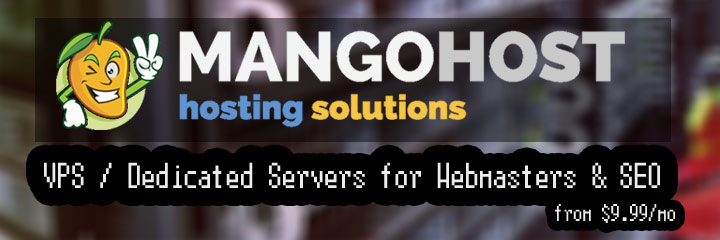
 Get the solution ↓↓↓
Get the solution ↓↓↓
I am a beginner programmer/coder who is currently trying to get to grips with HTML and PHP. I currently have a locally hosted searchable database that (when used) brings up a list of the first twenty entries that correspond to your search terms, with buttons to send you to the next page, last page, etc. (you know... pages...) The search outputs information into the URL ([url]?q=Alphonse&f=Elric etc). I have two problems with this at the moment.
Problem A: My URL contains information that is unused. If I don't put anything into the search term it simply comes out with "q=&x=&f=..." etc. This makes the URL absurdly long even on the most simple searches.
Problem B:
The way my paging functions is to send the user to the following link'.$_SERVER['PHP_SELF'].'?'.$_SERVER['QUERY_STRING'].'&pn='.$nextPage.'. This outputs the current link but with "pn=1" at the end (Or whatever relevant page they click).
This method itself makes the URL quite messy. If they click through multiple pages, and perhaps go back and forth, the link ends up having "pn=1&pn=2&pn=3&pn=1...." etc at the end. I assume that this will be answered by the first query, but it is slightly different in that this is information that is actually present.
How do I remove this superfluous information, and just keep the (final) relevant one?
I am thinking that I can use parse_str to turn the URL into an array, then delete each entry of the array that are empty, then create a new string out of that array and make that the link the search/next page button goes to.
Does that sound like it would work? If so, how do I delete those specific array entries, and how would that array then be stored? Would the array lose those entries and calling a deleted entry "$array['1']" for example result in an error, or does deleting entries in an array move everything up one to fill the gap?
Apologies if I'm asking too many different things in one post here!
Our community is visited by hundreds of web development professionals every day. Ask your question and get a quick answer for free.
Find the answer in similar questions on our website.
Do you know the answer to this question? Write a quick response to it. With your help, we will make our community stronger.
PHP (from the English Hypertext Preprocessor - hypertext preprocessor) is a scripting programming language for developing web applications. Supported by most hosting providers, it is one of the most popular tools for creating dynamic websites.
The PHP scripting language has gained wide popularity due to its processing speed, simplicity, cross-platform, functionality and distribution of source codes under its own license.
https://www.php.net/
HTML (English "hyper text markup language" - hypertext markup language) is a special markup language that is used to create sites on the Internet.
Browsers understand html perfectly and can interpret it in an understandable way. In general, any page on the site is html-code, which the browser translates into a user-friendly form. By the way, the code of any page is available to everyone.
https://www.w3.org/html/

Welcome to the Q&A site for web developers. Here you can ask a question about the problem you are facing and get answers from other experts. We have created a user-friendly interface so that you can quickly and free of charge ask a question about a web programming problem. We also invite other experts to join our community and help other members who ask questions. In addition, you can use our search for questions with a solution.
Ask about the real problem you are facing. Describe in detail what you are doing and what you want to achieve.
Our goal is to create a strong community in which everyone will support each other. If you find a question and know the answer to it, help others with your knowledge.